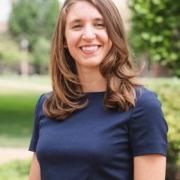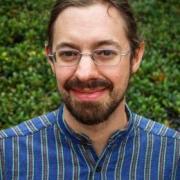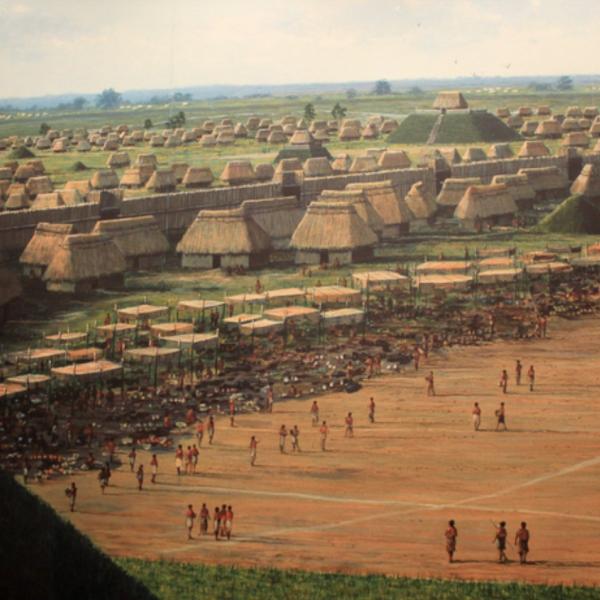Living with others, while an essential facet of life, is one often unexamined. A conference held Jan. 25-26 entitled Living With Others: Conscience, Coercion, and Freedom probed the act of living with others, and how living with others brings challenges to the freedom of individuals. The two-day conference called upon an interdisciplinary group of scholars in the social sciences, humanities, and law from the St. Louis area to consider this matter, offering a critical lens for an everyday phenomenon.

The conference unpacked the ways in which complex social relationships have significant implications for individual freedom. It furthered inquiry about the extent to which society forces or coerces us to think and act in ways we otherwise wouldn’t, and the extent to which other forces within society shape the ways we think and act. This sort of thinking is characteristic of the conference’s organizers: the Modeling Interdisciplinary Inquiry fellows.

The conference was created and organized by Mellon postdoctoral fellows Amy Gais, Jonathan Gingerich, and Matthew Babb, with assistance from Meg Galindo, who contributed to the conference’s organization. Each fellow approached the matter of living with others in a unique, specific manner. Gais is interested in the freedom of conscience and currently working on a book titled Bound by Belief: Rethinking Liberty of Conscience in Early Modern Political Thought, while Gingerich is interested in what freedom itself is, why it is valuable, the ways that society can both enable and threaten it. Finally, Babb is interested in coercion, the various forms it takes, and its role in our judgments about responsibility. Each fellow brought their own questions to the table in this way: Gais on conscience, Gingerich on freedom, and Babb on coercion. The fellows’ work shone alongside the work of other presenters to effectively demonstrate the complexities of living together with others.

The Modeling Interdisciplinary Inquiry fellowship was established to build on several commitments here at Washington University: “to the conjoint study of literature and history; to interdisciplinary, but period-specific inquiry; to intellectual history; and to the study of interaction of politics and cultural activity.” This conference functioned to engage several scholars in this mission, speaking to the expansive reach and relevance of this fellowship.
Joseph Lowenstein, director of Modeling Interdisciplinary Inquiry, noted, “We’ve had a large range of scholars over the years: an anthropologist who studied regional film in South Asia, a scholar who studied the contributions of the Disney Corp. to mid-century understandings of American childhood, an historian interested in commercial translation in the early modern Mediterranean.” He continued, saying that the fellows' “interests are often quite heterogeneous, yet their interactions are crucial to the program. Graduate school throws together people with similar concerns and their disciplinary training often promotes convergences of approach. The Modeling Interdisciplinary Inquiry fellowship is meant to promote experiment and departure — extra-disciplinary adventure.”
In this sense, the Living with Others conference spoke to the essential purpose of the fellowship: promoting an inclusive environment to consider the intricacies of living in society, a complex kind of appreciation.




